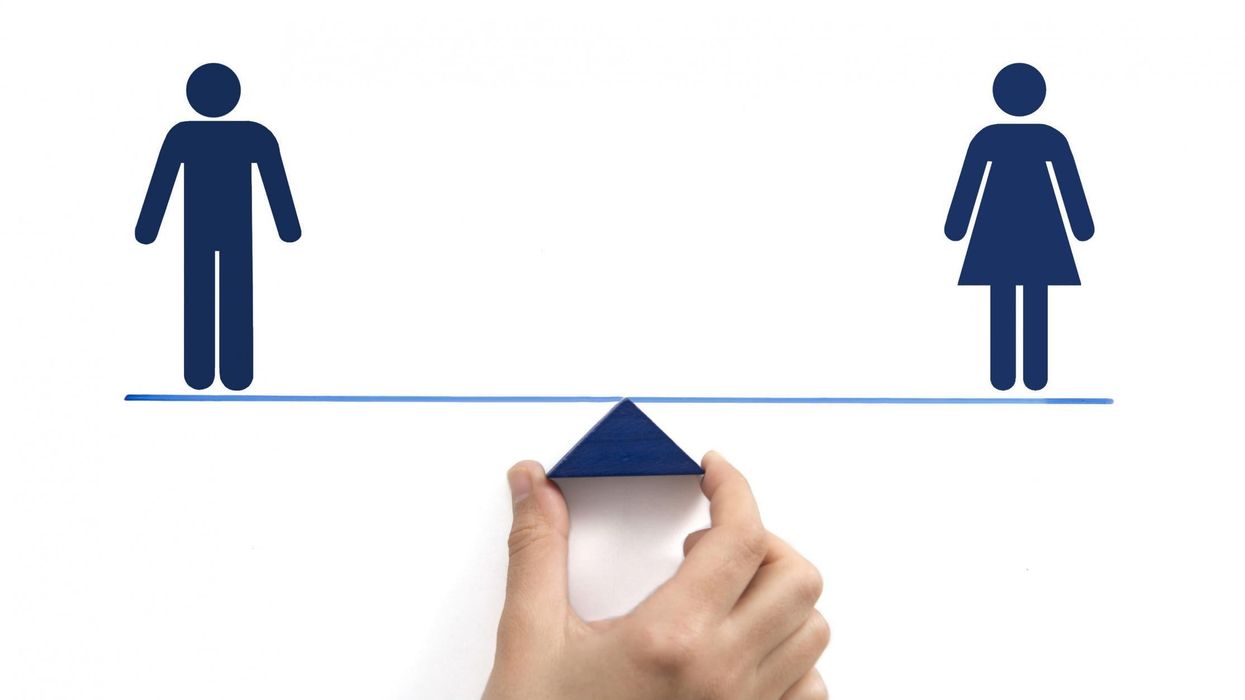News
Jake Hall
Sep 19, 2018

Photo: iStock / ozgurkeser
The last few months in particular have seen discussions around equality and feminism dominate headlines, but they're often shaped through a lens of adulthood. What about teenagers?
In order to fill this conversational gap, Plan International USA - an NGO dedicated to the advancement of girls' equality - has commissioned new research to learn how American teenagers (ten to 18 year olds) perceive gender inequality.
Unsurprisingly, the majority of teens surveyed state that there isn't yet gender equality and that sexism is a societal problem, but these feelings are particularly common among girls - only one of five of whom believe there is equality, compared to two in five boys.
Teenagers of colour were particularly perceptive to this inequality.
Girls were also more likely to say that sexism is a big problem, citing feelings of unsafety, objectification and general disrespect and harassment linked to their gender.
Media and its unrealistic depiction of women also plays a significant role, with 53 per cent of girls saying that they examine their reflection and imagine how others might see them on a daily basis.
Things get more concerning when the issue of sexual objectification is raised: seven in ten girls sometimes feel judged as a sexual object in their daily life, whereas eight in ten have been asked by boys to send "sexy or naked" pictures. 55 per cent frequently overhear sexual comments at least several times a week; 47 per cent claim to hear them every day.
Boys, on the other hand, report pressure to conform with societal standards of masculinity.
72 per cent describe feeling pressured into being physically strong, whereas almost half of older boys (14 to 19 year olds) say that feel pressured to be "willing to punch someone if provoked".
The statistics can be seen in full online, but the general consensus is that there's still plenty of work to be done before we can truly be said to live in an equal society.
Top 100
The Conversation (0)













